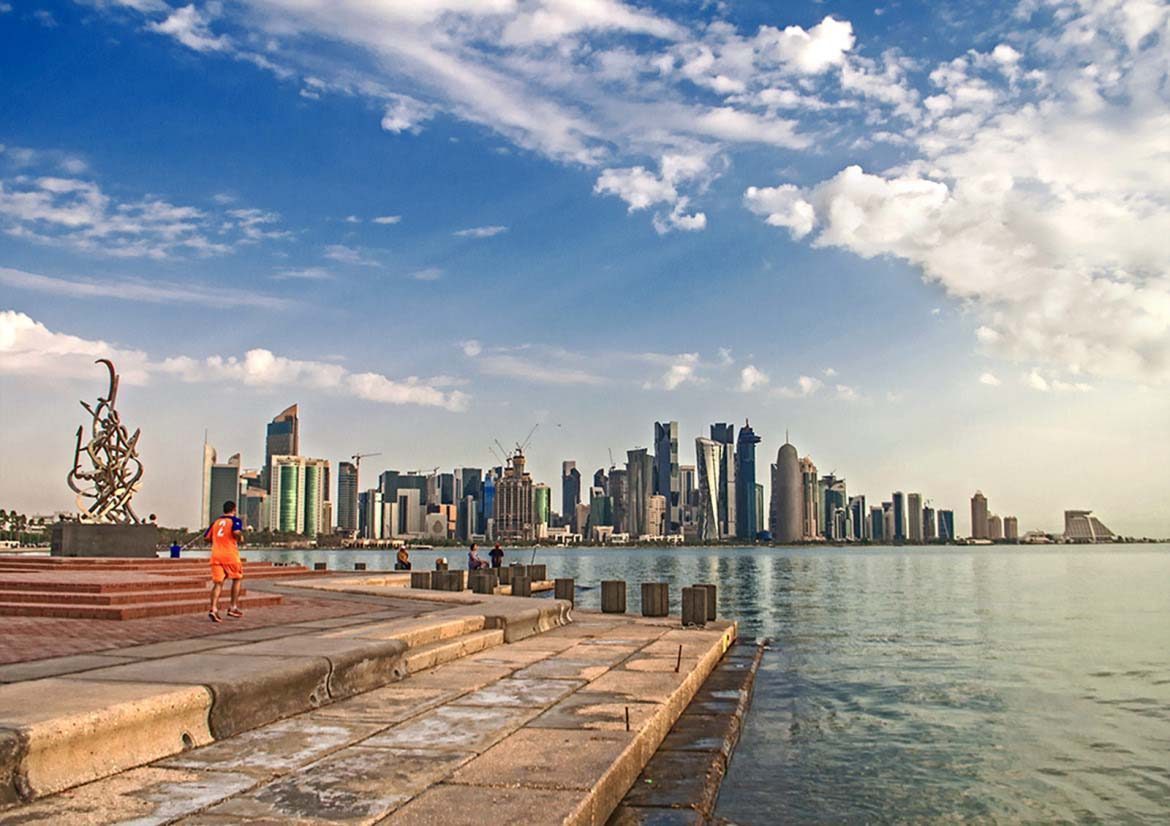
People in Qatar are the most upbeat in the region when it comes to expected job opportunities and upcoming economic growth, despite continuing to battle against a rising cost of living, according to a new study.
More than half (58 percent) of employees here said they expected the state’s economy to improve in the coming six months, while a further fifth (21 percent) said they believed it would remain the same.
Only 11 percent said they thought the economy would recede in the same period, according to the latest Consumer Confidence Index by recruiters Bayt.com and polling agency YouGov, which was released this week.
This optimism is the highest recorded for the Middle East and North Africa region. Respondents in the UAE were the next most bullish, with 56 percent expecting economic improvements, while Saudi workers came in third place within the GCC, with 41 percent expressing hope about better times.
Qatar also led the way, along with the UAE, in terms of workers’ optimism about business conditions in the coming year.
Two-thirds (65 percent) of employees in both Gulf states said they believed business conditions would improve, while only 8 percent of Qatar respondents said they expected things would get worse. Some 6 percent of those in the Emirates felt the same.
More jobs
This optimism about the future appears to be driven by upcoming job prospects. Qatar’s respondents were the most positive in the MENA region in terms of the availability of jobs in the next six months.
Some 59 percent said they believed there would be more positions coming up – a significantly higher number than the UAE, the next most upbeat country – in which just 42 percent expected the same.
One-third of Qatar workers who responded to the survey said there were “plenty of jobs available across various industries” here, compared to 26 percent saying a similar thing in Saudi Arabia and 25 percent in the UAE.
These figures for Qatar are broadly in line with the results of the last edition of the same survey, published in September last year, when 60 percent of Qatar employees forecast more jobs.
The buoyant job market in Qatar, fueled in large part by the numerous infrastructure projects currently underway as part of preparations for the 2022 World Cup, appears to be off-setting an ongoing increase in the cost of living that has affected residents’ savings.
More expensive
According to the survey, some 87 percent of Qatar respondents said they expected daily goods to get more expensive (69 percent) or stay the same (18 percent) in the coming six months, while four in ten (41 percent) admitted the amount they saved had gone down compared to last year.
The consumer price index (CPI) in Qatar went up 3.4 percent in January, compared to average levels in 2013, and the hikes continue to be driven by increasing domestic rents and the rising cost of schooling.
The latest report by Qatar’s Ministry of Development, Planning and Statistics (MDPS) showed that education costs in Qatar have jumped 11.4 percent since 2013, which is ahead of overall inflation but less than half of the 27.6 percent year-over-year increase reported in April 2014 by the Supreme Education Council (SEC).
Meanwhile, the cost of residential accommodation rose steadily through almost all of 2014, ending the year 7.3 percent higher than in December 2013.
But the rising costs do not seem to have discouraged some in Qatar from making big-ticket purchases. Nearly half (49 percent) said they planned to buy a new car in the coming year, while 30 percent planned to spend money on a new desktop or laptop computer.
This was the highest figure in both categories across the region, and may reflect the optimism about job opportunities and the chance to earn more money in the future.
How do you feel about the coming six months? Thoughts?